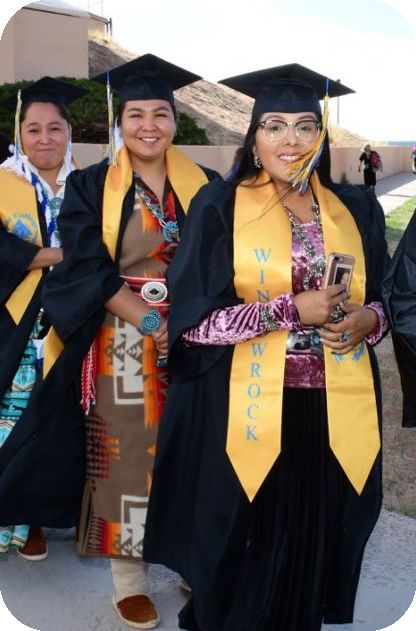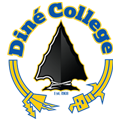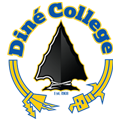Uranium
Project Goals





Project Goals
| Specific Aim 1 |
To continue the expansion of the Uranium Education Program for the Navajos in geographic areas affected by uranium mining (eight specific communities). The Program is the lead organization for this education intervention. The goals of the established Program is be empower the Navajo community to effectively address their concerns about radiation exposure, thus inform themselves about radiation and health effects and initiate mitigation measures. The Program trains community leaders, health educators, Community Health Representatives (CHRs), Health Board members, and public school and college students so they can be effective advocates for change. Education programs for the medical community will be expanded to allow informed discussion about their patients’ concerns. Projects funded from various agencies through the Program will continue. These include:
|
| Specific Aim 2 |
To assist and participate in Research activities, collect qualitative and quantitative research data in the Navajo community concerning knowledge, attitudes, behavior and impacts about radiation and other environmental impacts. The research will be conducted by various governmental agencies and Institutions. The Program provides appropriate traditional and cultural guidance, translations and technical assistances to assure that the confidentialities and lifestyles of the Navajo are preserved. Culturally appropriate instruments are developed by the collaborating research groups using focus groups and open ended interviews. Research activities proposed include:
|
Specific Aim 3
The Program initiates efforts to expand their educational activities into other environmental impacts, aside from urnaium radiation. These include educations on:
- Air Quality related to local coal power plants.
- Abandoned coal mining impacts.
- Arsenic and lead poisoning resulting from agricultural activities and other industries.
The Program produces culturally appropriate educational materials about impacts to health, the environment and mitigation measures that Navajo communities can take. The materials will include professionally and community produced videotapes, radio announcements, and printed materials. Pamphlets, posters, and curricula for use in schools and training sessions are developed with community involvement.
Specific Aim 4
The Program is developing and expanding on their Resource Center. The Resource Center is available for students and the community on all aspects of environmental impacts. Activities for expansion of the Center includes:
- The development and establishment of a website.
- Video-taping of conferences, events and edcuational presentations will continue.
- Glossaries of key words relative to environmental science will be developed.
Specific Aim 5
The Program performs needs assessments during the third year to evaluate the efficacy of the project by measuring changes in knowledge, attitude and behavior concerning uranium radiation and impacts from other environmental issues. In addition, the effectiveness of the program are assessed by the degree that the community can sustain these efforts in the future. These needs assessments enable the Program to develop viable and cohesive goals/objective and plans for the next grant cycle.
Call:
(505) 368-3516
Fax:
(505) 368-3510
Mail to:
Uranium Education Program
1228 Yucca Street
P. O. Box 580
Shiprock, NM 87420

